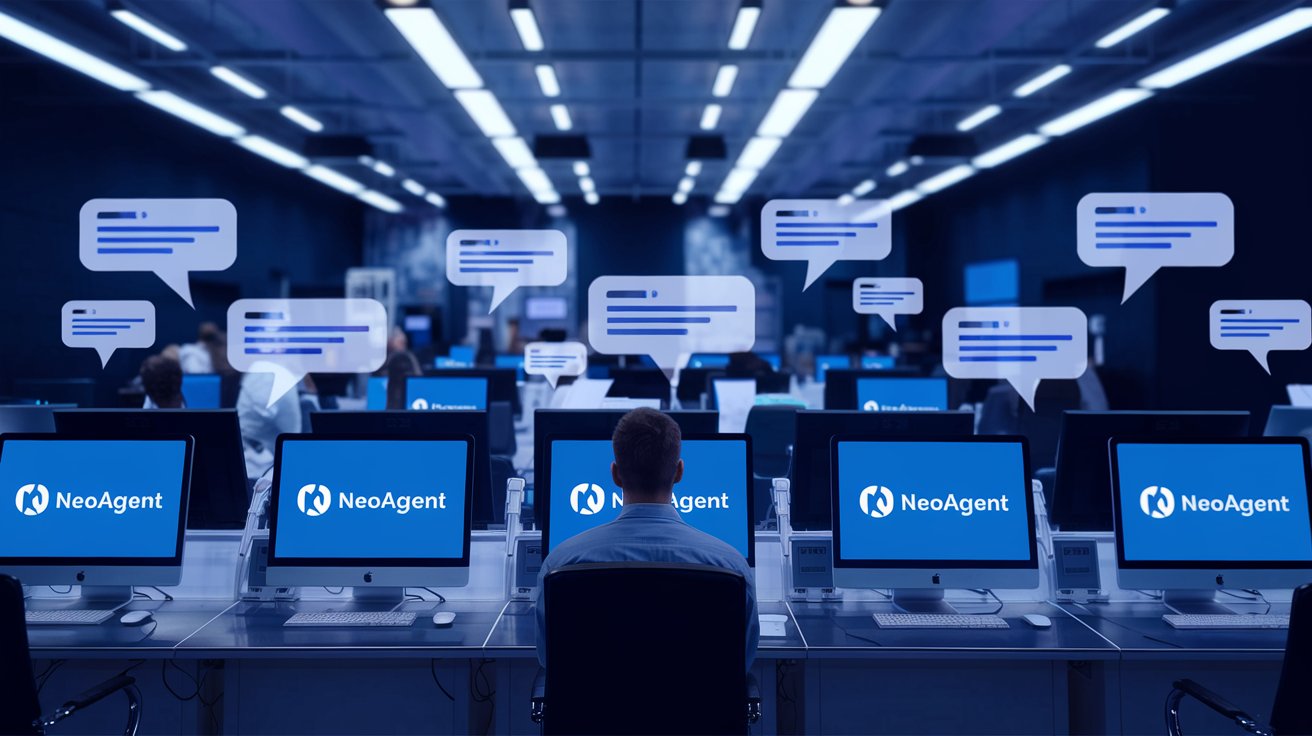Managed Service Provider Challenges
As the digital world continues to evolve, Managed Service Providers (MSPs) face a multitude of challenges. In a recent Forbes article, these issues were outlined, ranging from the growing complexity of IT infrastructure and cloud adoption to security threats, regulatory compliance, customer demands, and workforce shortages.
One of the key challenges for MSPs is the growing complexity of IT infrastructure, partly driven by the rise of remote and hybrid work, which has seen the decentralization of IT and increased the demand for MSPs to support thousands of remote locations instead of the usual office setups. The increased adoption of the cloud and the need to manage various types of workloads, all while maintaining applications and resolving connectivity issues, have also posed a significant challenge for MSPs.
Security, too, is a growing concern with a significant percentage of ransomware attacks targeting service providers. Furthermore, MSPs are required to help their customers comply with various government regulations such as HIPAA, PCI DSS, and GDPR. The shortage of skilled IT professionals exacerbates these problems, making it more difficult for MSPs to meet growing customer demands.
Artificial Intelligence (AI) as a solution
AI can be a powerful tool in addressing these challenges. For example, AI can help simplify the management of complex IT infrastructures by automating routine tasks, such as system monitoring and diagnostics. This reduces the workload for IT professionals and allows them to focus on more complex issues.
In terms of cloud management, AI can enhance efficiency by automating the allocation and management of cloud resources. This can help ensure optimal performance and cost-effectiveness, reducing the burden on MSPs to manually manage these aspects.
When it comes to security, AI can play a significant role in detecting and mitigating threats. AI-powered security systems can identify unusual behavior or patterns that may indicate a security breach, providing an additional layer of protection against ransomware attacks and other cyber threats.
AI can also support regulatory compliance. For example, AI-based tools can automate the process of ensuring compliance with various regulations, reducing the manual effort required and minimizing the risk of non-compliance.
While AI cannot replace the need for skilled IT professionals, it can help mitigate the impact of workforce shortages. By automating routine tasks, AI allows existing IT professionals to focus on more complex, value-adding tasks, enhancing productivity and efficiency.
Conclusion
While AI cannot replace the need for skilled IT professionals, it can help mitigate the impact of workforce shortages. By automating routine tasks, AI allows existing IT professionals to focus on more complex, value-adding tasks, enhancing productivity and efficiency.
In addition, products such as Chatmsp.io are stepping up to the challenge by integrating AI into platforms like Connectwise and IT Glue to expedite customer service. By employing AI, ChatMSP can automate the process of identifying, categorizing, and even resolving customer tickets, thereby ensuring quicker response times and improved customer satisfaction. The task made easier by simple integration into Connectwise and the Managed service providers documentation and playbooks.
These developments demonstrate that, despite the challenges MSPs face in today’s rapidly evolving digital landscape, innovative solutions driven by AI are increasingly available. By embracing these technologies, MSPs can not only address their current challenges but also position themselves for future success in the increasingly digital and interconnected world of tomorrow.





